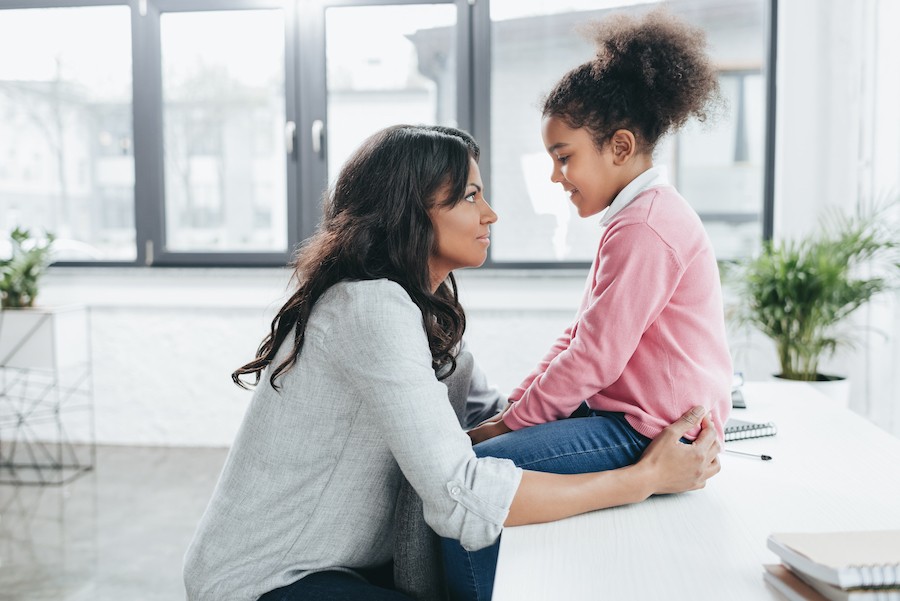Children's Mental Health: Mental Health Problems in Boys vs Girls

Recent population surveys of adolescents highlight that the prevalence of mental health problems and types of disorders are relatively different between genders. Depression in boys is common but is displayed in a different way to girls.
Adolescent girls have a substantially higher prevalence of internalising disorders such as depression, eating disorders, suicidal ideation and attempts, than boys.
Adolescent boys, on the other hand, are more likely to experience externalising problems like anger issues, engage in high-risk behaviours, and commit suicide. Teenage girls are more likely to have inward-directed symptoms, whereas adolescent boys are more likely to act out.
There is a significant public health interest in the early detection of mental health problems in children and young people to prevent development of a full-scale problem.
Onebright looks deeper into the complexities of mental health issues in boys and explores avenues for support and intervention.
NHS England study (2022) reveal that, although the number of diagnosed mental health problems is higher in girls, boys account for a significant portion of this demographic. The discrepancy in identification between genders could be attributed to various factors, including:
- Early pubertal development in girls with its associated physical and hormonal changes, has been linked to depressive symptoms and is considered as a factor in the gender differences of depression.
- Girls and young people with poor social support, experience mental health problems more frequently than boys and those with strong social support.
- Societal expectations.
- The stigma surrounding mental health in boys.
- Differences in how boys and girls express distress.
A study by HeadStart, revealed that girls display more emotional problems than boys, but boys’ behaviour was more disruptive. This is an important observation as boys are less likely to show symptoms directly, and their feelings are more likely to come out in their behaviour.
Symptoms of depression in boys
Imagine a scenario where a young boy, experiencing feelings of consistent sadness, finds himself unable to articulate his emotions. Instead of seeking help, he may mask his feelings through behaviours often misconstrued as typical “boyishness”, like irritability or aggression. Consequently, his needs may go unnoticed.
Boys may also display typical symptoms of depression such as:
- Changes in sleep and eating habits
- Muscle aches and pains
- Lack of energy
- Low and despondent mood
- Self-criticism
- Lack of motivation
- Disruptive behaviour
Girls may also experience the above symptoms, as well as:
- Excessive crying
- Feelings of sadness
- Emotional outbursts
Providing support
How can parents recognise the signs of a developing mental health problem in boys and give them the support they need? Early detection of mental health problems requires an understanding of how the problem manifests differently from girls.
While girls may exhibit more internalising behaviours like crying or verbalising sadness, boys are more likely to externalise their emotions through disruptive behaviour, irritability, or even risk-taking activities.
This fundamental difference helps us understand the importance of adopting a gender-sensitive approach to identifying and addressing mental health problems in children and young people.
Parents play a pivotal role in creating a safe space where boys can feel comfortable expressing their emotions. Positive steps in dismantling the stigma surrounding male mental health, include, encouraging open communication and emotional expression, as well as validating boys’ experiences.
Early intervention is key in mitigating the impact of mental health problems on boys’ well-being. It helps to address the problem head on and thus prevent development of a full-scale problem.
Cognitive behaviour therapy for depression in boys and girls
One particularly helpful therapy that has proved highly successful in treating children’s mental health problems is cognitive behaviour therapy (CBT). This approach is an early intervention that can help children learn how to manage distressing thoughts and respond to overwhelming emotions, leading to better outcomes.
Onebright offers online CBT for children who need support. This is a highly accessible option that enables children to receive help in the comfort of their own homes. Contact the team today to discuss how evidence-based CBT could help your child.



